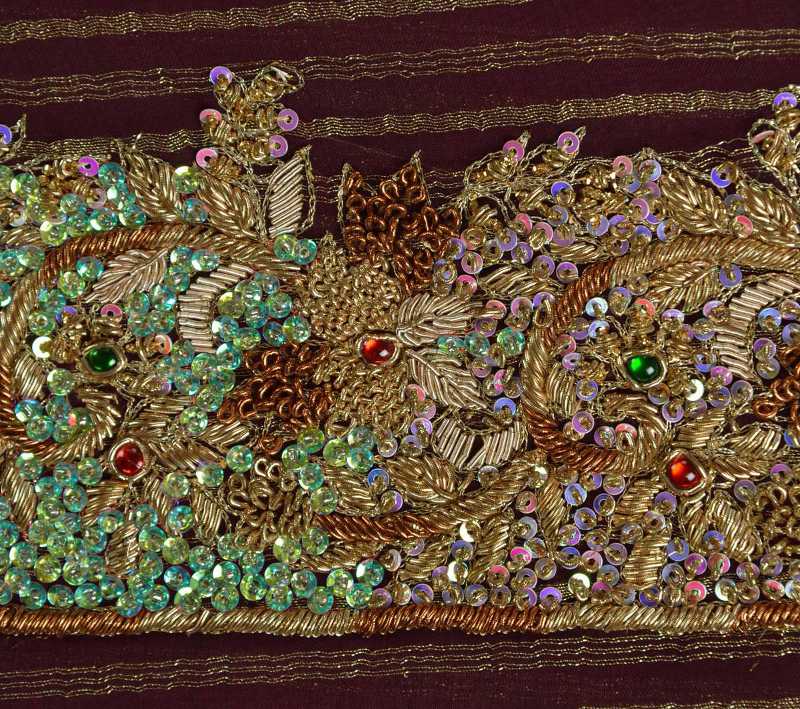===
0256,
3
===

=== |
 |
dimaa;G : 'The brain; head, mind, intellect; spirit; fancy, desire; airs, conceit; pride, haughtiness, arrogance; intoxication'. (Platts p.526)
ek : 'One, single, sole, alone, only, a, an; the same, identical; only one; a certain one; single of its kind, unique, singular, preëminent, excellent'. (Platts p.113)
FWP:
SETS == EK; GRANDIOSITY
MOTIFS == [LOVER AS BIRD]
NAMES
TERMS == CONNECTIONThe flight from the cage to the garden could certainly be 'one' in the sense of 'generated by a single wing-flap' as SRF reads it; but given all the other possibilities for ek (see the definition above), it could also be 'excellent' or 'unique'. Or it could be 'a certain one', a particular flight-path that the bird has planned out. Or it could be a 'single, sole' flight, the only one the bird ever thinks of making.
Compare Ghalib's bird, who has his own rationalization for his 'choice' not to fly:
G{71,4}.